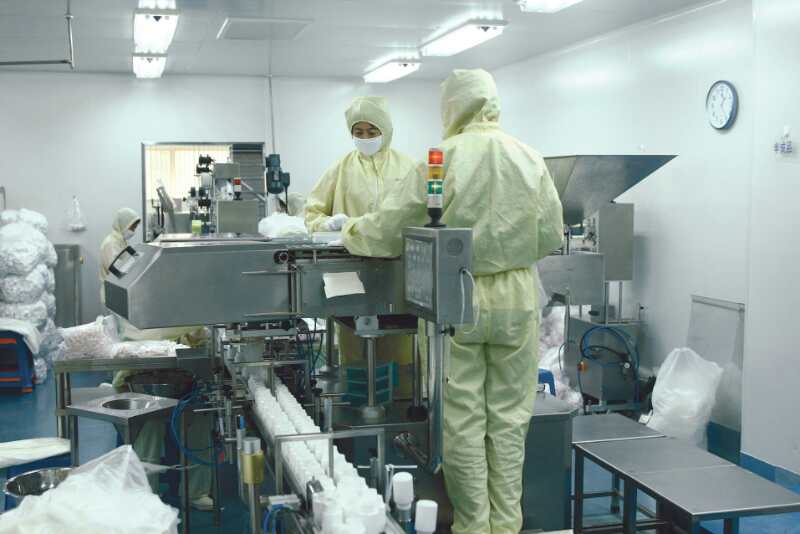Policy innovation facilitates pharmaceuticals' Beijing-to-Cangzhou relocation
China.org.cn,August 15, 2018 Adjust font size:
Beijing's pharmaceutical industry seemed to have reached a crossroad four years ago, when the capital began to move non-essential functions out of the city under a central government plan to coordinate its development with that of neighboring Tianjin and Hebei.
According to the plan, all producers of chemically-active pharmaceutical ingredients (APIs) were required to leave the city by 2017 in response to environmental and land constraints.
Actually, the pharmaceuticals themselves already faced relocation because of Beijing's space and resource pressures; however, there was a policy barrier.
According to Chinese regulations, pharmaceutical manufacturing activities have to be located and supervised by the authorities of the places in which they initially registered. Once relocated, they would have to reapply for approvals and certifications for their drugs in the new locations.
This not only takes a long time (at least two to three years) but will also cost pharmaceuticals their valued "made in Beijing" status and the vibrancy of the vast Beijing market.
Such a potential dilemma was solved when the Beijing-Cangzhou Bohai New Area Biomedicine Industry Park was set up in Cangzhou city, in neighboring Hebei province, early in 2015.

Beijing-Cangzhou Bohai New Area Biomedicine Industry Park [Photo courtesy of Bohai New Area]
The park, a cooperative project between the governments of Beijing and Hebei, forming part of the overall national plan for regional development, allows pharmaceuticals to relocate their production of designated drugs without having to alter their names and places of registration, the first such practice in China.
The relevant authorities in Beijing will continue to issue licenses and certifications and exercise supervision, while a better part of the corporate taxes will go to Hebei.
Located within the State-level Cangzhou Coastal Port Economic and Technological Development Zone Park, the biomedicine facility has a planned area of 28.29 square kilometers. So far, it has signed contracts for 132 projects with a total investment of 41.1 billion yuan.
Among the enterprises already moving in, 80 percent are from Beijing. High-end APIs, medical preparations, modern traditional Chinese medicine, health industry and a pharmaceutical-themed town form the five distinctive prongs of the park.
Compared with the overcrowded capital, the park has an ample supply of land available at a much lower price. Besides, it enjoys all the preferential policies to which a State-level development zone is entitled.
4cc538c1-2dbd-4176-ad47-bfb6a648967c.jpg)
